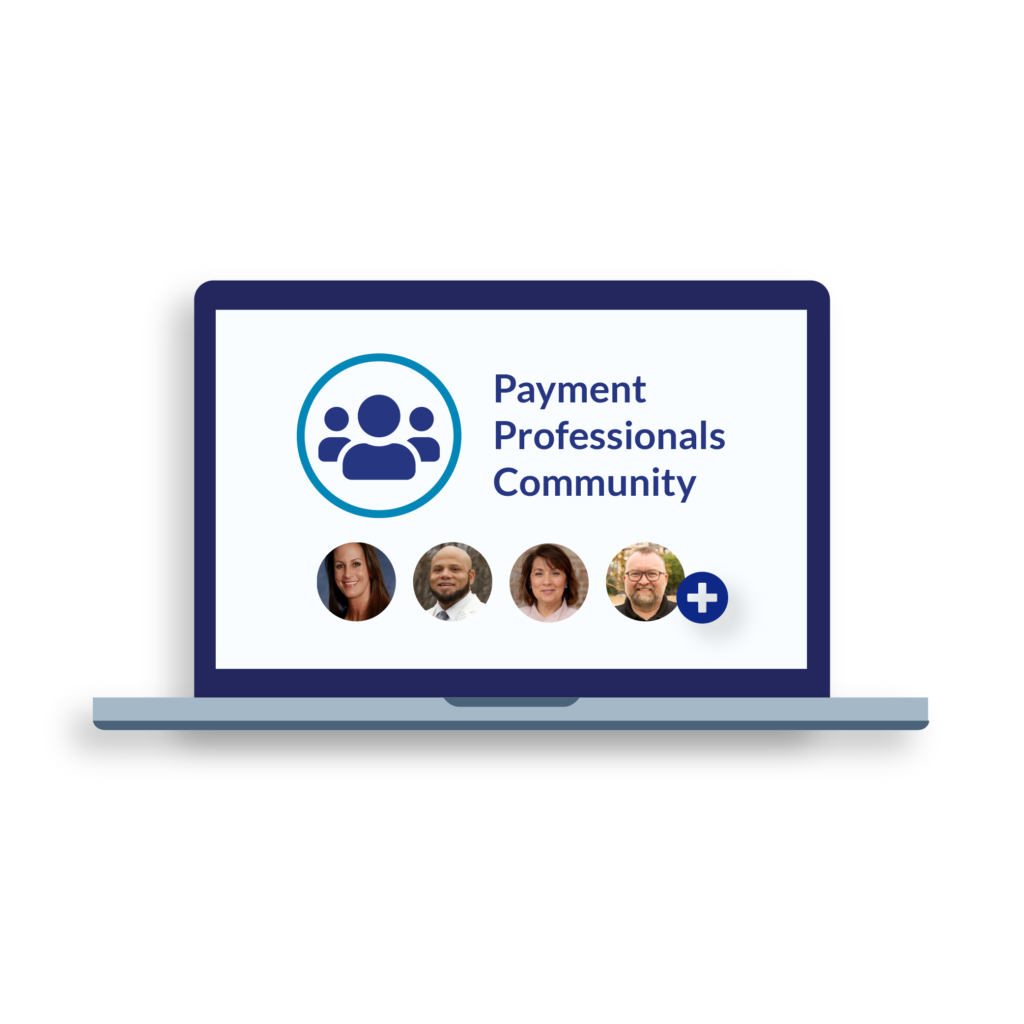
The unfortunate norm in the construction industry is not getting paid until the parties higher on the payment chain have been paid first. Credit managers feel this pain more than anyone because the construction industry runs on credit.
In addition to setting up job accounts, processing credit applications, and managing receivables, credit managers are also tasked with the challenge of keeping cash flow positive by managing the financial risk of new customers.
It’s a task that seems impossible, but can actually be manageable when the right steps are taken. Here is what three credit professionals in the construction industry are doing to successfully manage financial risk.
1. Reviewing a company’s payment history before a job
No one starts a job thinking that they won’t get paid for their services or materials. However, all sorts of things can happen to slow down – and even completely obstruct – payment. Before signing a contract to start work with a new customer, credit professionals should review the customer’s payment practices ahead of time.
Michele White, the controller at Wilson Lumber in Alabama, reviews Contractor Payment Profiles to learn about her peers’ experiences getting paid by a particular contractor.
“Contractor Profiles help me to see if anyone else has filed a lien against a customer. Or, I can see if I might have payment problems with a certain contractor because other people who have worked with that contractor can submit comments on their payment speed. I can also leave reviews myself if I’m having difficulties with a customer to let others know. That feature has really helped with managing financial risk,” says Michele.
These Payment Profiles provide verified payment scores based on ratings and reviews from clients, and they give an overview of the contractor’s payment history including any liens filed on their jobs or reports of slow pay.
2. Sending notices to protect lien rights
A preliminary notice, also called a notice to owner or notice of furnishing, protects your right to file a lien in case you don’t receive payment. In some states, these notices are required and in other states, they aren’t.
However, even when not required, a notice can help you avoid the financial risk of not getting paid on a job by officially alerting those in charge of the money (such as the property owner, lender, and/or general contractor) that you provided service or materials at a specific time. They want to make sure you don’t file a lien, so they’ll prioritize your payments.
Amy Williams, the assistant credit manager at Pacific Plumbing Supply in Washington, is not required to send notices on every job, however, she does so and has found it to be extremely helpful.
“We’ve decided that it doesn’t hurt to send notices to everybody even if the laws about notices are different in different places because they will get the customer’s attention,” says Amy.
When Amy has their attention, it is more likely that her company’s payments will be prioritized.
3. Creating payment plans for customers
Lori Drake, CBA has over 20 years of experience managing credit in the construction industry, and today she is the Payment Professionals Community Manager at Levelset. One tool that she has found helpful for dealing with financially “risky” customers is a payment plan.
Setting a payment plan allows you to set your own terms and conditions around making payments and, more importantly, around what will happen if the agreement is broken.
“Payment plans are a great way to build a relationship with a customer who is in a questionable financial situation. Start slowly when creating a plan with a risky customer. You could possibly start with 75-50% down, then order the material, and then require the remaining balance upon delivery,” explains Lori Drake, CBA.
Successful credit management is on your horizon
These are just three of many steps credit professionals can take to manage financial risk in the construction industry. If you’d like to learn more about managing credit in construction, visit the Credit Management Resource Hub for webinars, articles, courses, and other educational resources.

Get ahead in your career
Join our lively community of construction credit managers and payment professionals to network, learn, and grow your skills.
